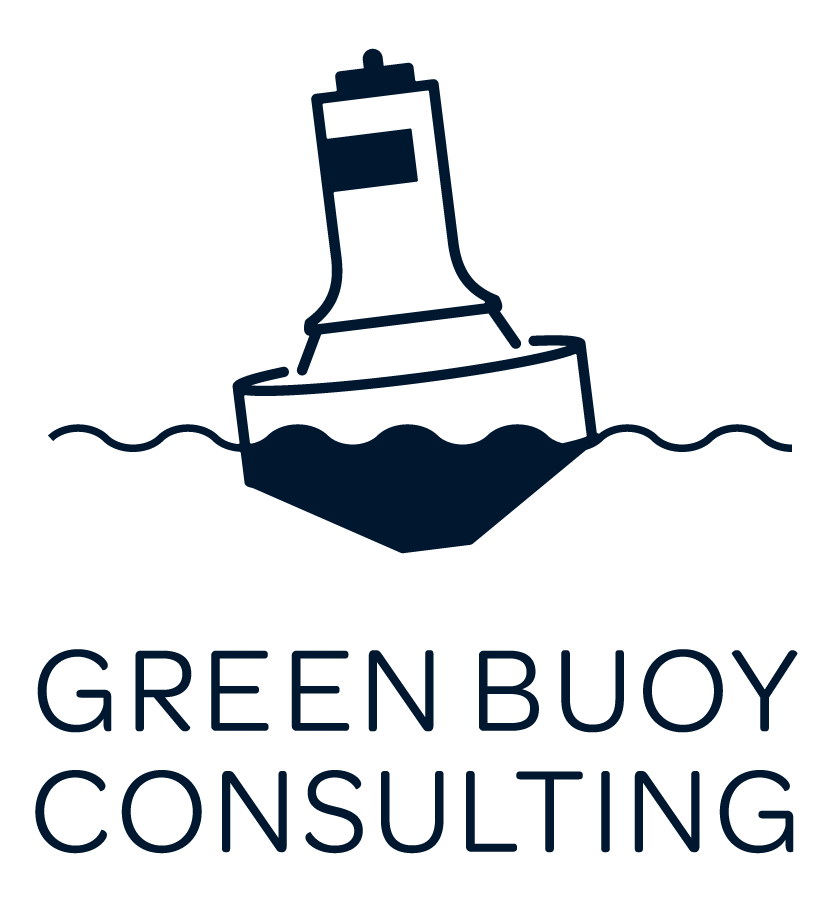Why Your 2021 Budget Must Include Sustainability
Are you budgeting for sustainability in 2021? If not, you’re missing out on a significant competitive advantage.
With all investments, company leadership focuses on ROI. Luckily with sustainability, there is significant data to show ROI in crucial areas like employee engagement, profitability and customer satisfaction. Let’s review some of the returns you can expect to see from a sustainability investment for 2021.
Millennials
Millennials will be 75% of the workforce by 2025. And they care about sustainability! If you’re focusing on millennials as customers or employees but leaving out sustainability, there’s a meaningful missed opportunity. Consider the areas millennials touch your business-as suppliers, employees and customers.
Employee engagement
According to data from Swytch, 40% of millennials will take one job over another because of sustainability and 70% will consider sustainability when deciding to stay at a job long term. Multiple studies have found that sustainability positively impacts employee engagement. One found sustainability strategy reduced employee turnover by up to 50%.
Related: Get the Secret to Outstanding Employee Engagement
Employee recruitment
Professionals at either B Corps or sustainability-minded companies report that talent acquisition is a bright spot of their sustainability strategy.
“Another thing we have always enjoyed is the fact that young people want to work for us. When we get a job opening, we’ll get 500 to 2000 applicants sometimes, and we get to pick absolutely the very best. Recruitment and retention is a huge value upside of these kind of commitments,” said Rick Ridgeway, Patagonia, in a Navigant/Shelton review of culture and sustainability.
New customers
Shelton’s EcoPulse survey from 2018 found that 63% of Americans believe a company’s environmental impact has a “moderate” impact on purchasing decisions. 86% of consumers believe companies need to take a stand on social issues. And 64% of those said it was “extremely important” for a company to take a stand on a social issue said they were “very likely” to purchase based on the company’s commitment.
Your competitive landscape
Sustainability can be a strong point of differentiation between brands. 48% of Americans have chosen one product over another or stopped purchasing based on a company’s environmental record.
Sustainable innovation
Creating sustainable product or service offerings is key to company growth. Of Unilever’s “Sustainable Living Brands,” in 2018, the sustainable options accounted for 70% of the company’s overall growth and the Sustainable Living brands have grown 46% faster than other brands in the portfolio.
Company Growth
Values-driven companies perform better. According to B Lab research, B Corps grew 34% faster than the category average and their millennial consumer base is 2.5 times more loyal. And customer loyalty is money in your pocket.
Sustainability costs to consider:
You’re still on the fence about implementing a sustainability strategy. I invite you to think about some of these costs:
What does it cost you to replace an employee? According to research, it’s between 16 and 20% of a mid-level employee’s salary.
What is your cost of customer acquisition?
What’s the cost of losing market share to a sustainable competitor?
What will your energy, waste and water costs be for the next ten years?
Do you rely on agriculture, biodiversity or similar inputs that are likely to be affected by climate change.
What to do with your budget
If you’ve decided to focus on sustainability in 2021, there are several steps you can take. Here are a few:
Complete an audit to see where you should be focusing
Allocate a team to research your sustainability opportunities
Hire a consultant to help you.
If you're interested in talking more about this and how sustainability changes could provide you with a competitive edge, please reach out!
This post was originally published on LinkedIn on November 2.
Don’t miss our latest blogs














